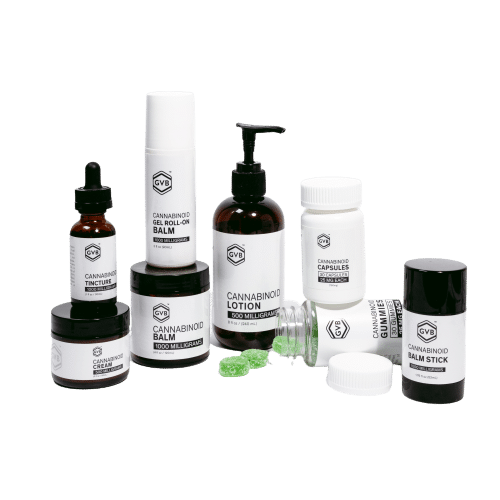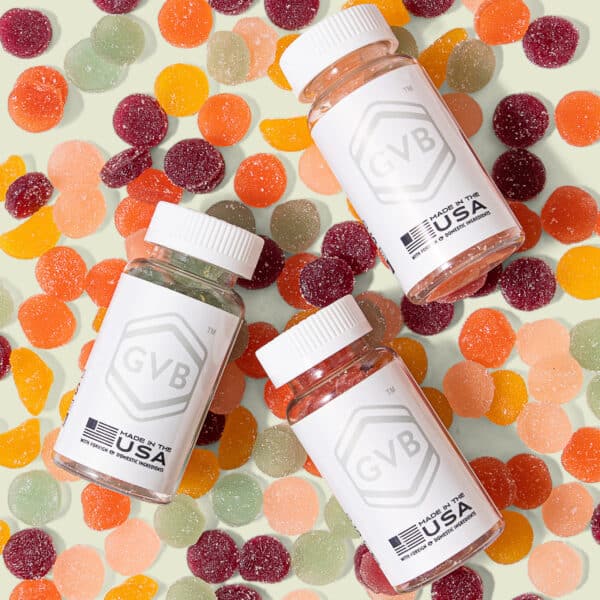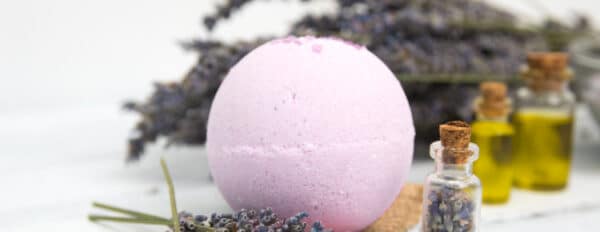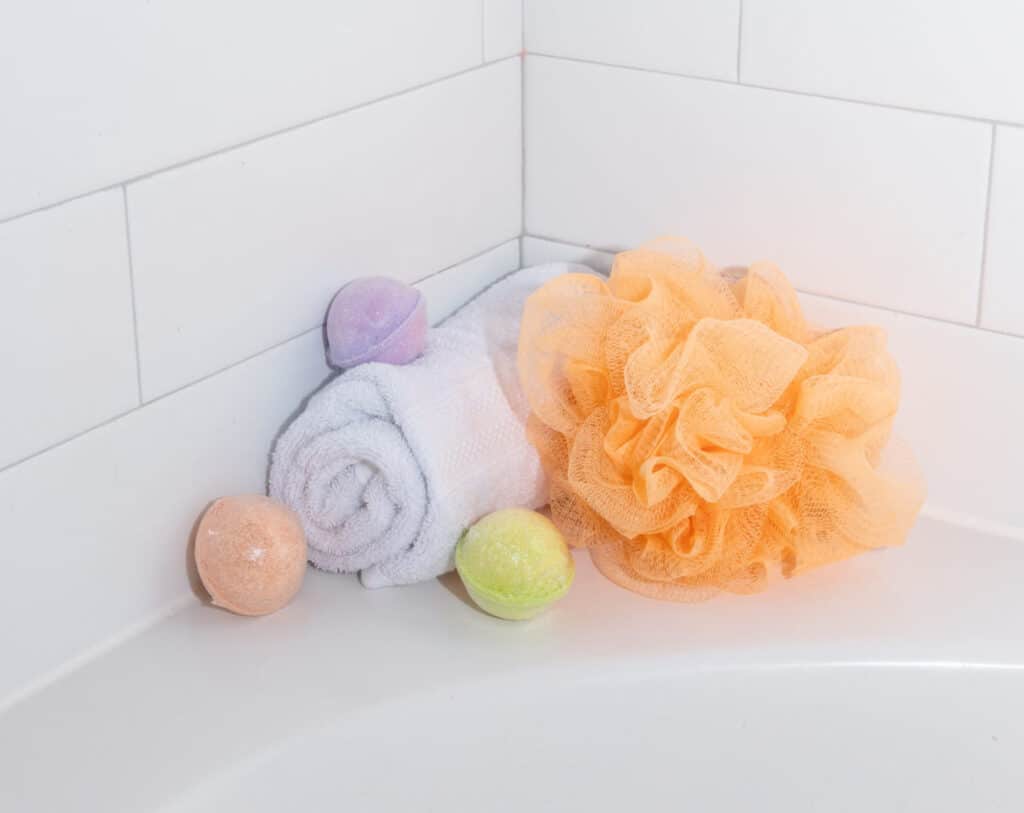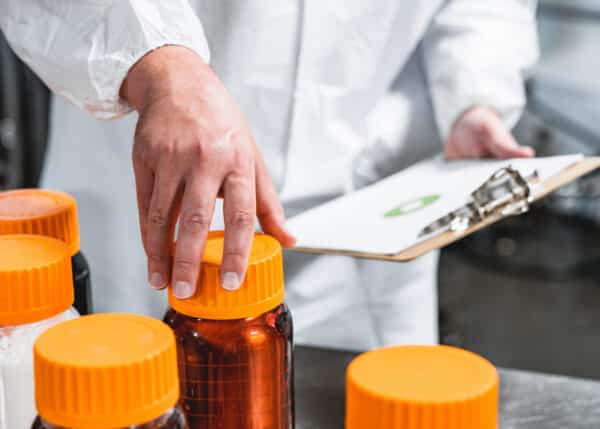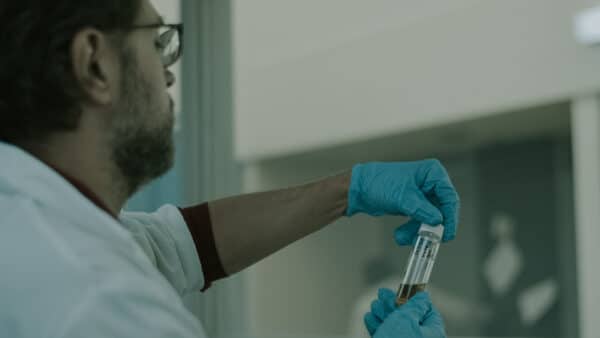CBD isolate is one of the most reliable cannabinoid extracts to work with. Products that contain isolated CBD, CBG Isolate, or CBC Isolate, are in high demand, and there will always be a market for purified, isolated cannabinoid extracts. Learn what CBD isolate is, why it’s a great addition to your product line, how to purchase CBD in bulk, and why GVB Biopharma is one of the world’s leading suppliers of bulk CBD isolate crystalline powder in this in-depth buyer’s guide.
What is CBD isolate?
CBD isolate is a type of CBD that does not contain THC as an end result of a complex series of extraction processes. GVB Biopharma’s CBD isolate contains 99%+ cannabidiol molecules, which means that it is almost entirely molecularly homogenous.
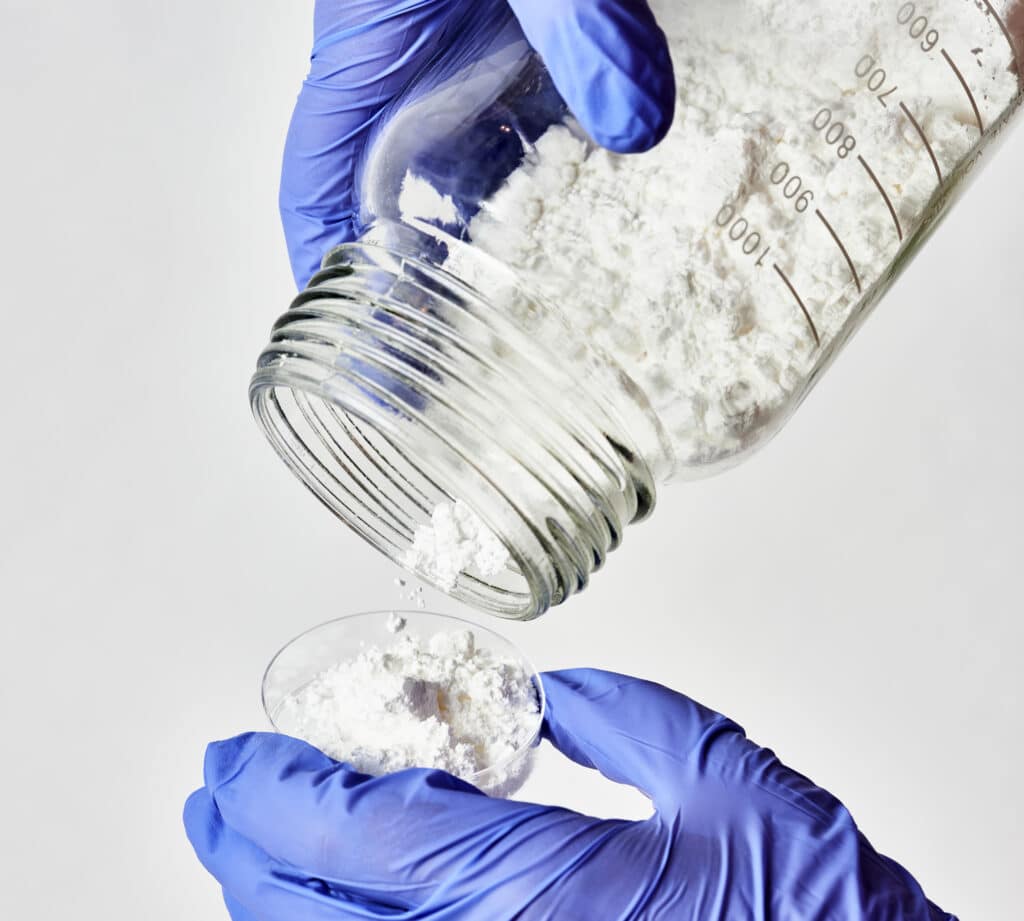
Bulk CBD Isolate Guide
To isolate cannabidiol molecules, it’s first necessary to extract the oils from cannabinoid-rich hemp flower. Next, we systematically remove all the waxes, chlorophyll, terpenes, and miscellaneous oils that hemp extract contains until only CBD molecules remain.¹
Once our comprehensive extraction and purification processes are complete, GVB Biopharma CBD isolate takes on a crystalline appearance. We then crush these crystals into a corse powder to make Bulk CBD isolate easier to add to product formulations.
CBD isolate does not contain any THC, it is flavorless, and it does not have any aroma. The chemical purity of wholesale CBD isolate makes it easy to determine accurate doses of this cannabidiol extract, and isolated CBD is one of the most cost-effective raw materials we offer.
Which product types are ideal for CBD isolate?
Isolated CBD is ideal for applications in which chemical purity and easy dosing are desirable. While cannabidiol isolate does not contain any of the terpenes, flavonoids, or minor cannabinoids that may increase the effects of cannabidiol in the body, it is the most reliable type of cannabidiol extract to work with, and it offers the greatest degree of purity.²
Crystalline CBD isolate turns into a powder when crushed, enabling quick blending with lotions, creams, tinctures, or edibles. Since isolated cannabidiol is not an oil, it combines well with practically every conceivable product type. CBG isolate, CBC isolate, and CBN isolate an easy addition to any product type and can combine to create a unique product of highly concentrated minor cannabinoids.
Why is GVB Biopharma the best source of bulk CBD isolate?
At GVB Biopharma, we have a reputation for successfully delivering comprehensive, end-to-end cannabinoid product solutions. We oversee every production step from seed to sale, and our facilities comply with all local, state, and federal laws.
While other bulk hemp and bulk cannabinoid producers skulk in the shadows, we actively encourage transparency. Let’s dive into the compelling reasons that GVB Biopharma is one of the world’s most reliable suppliers of wholesale CBD isolate.
Certified producer
At GVB Biopharma, we proactively seek any and all certifications that may be relevant to our business operations. We were one of the first hemp facilities in Oregon to receive food-grade certification, and we work extensively with local fire marshals to ensure that all of our facilities are compliant with fire safety standards.
Most importantly, GVB Oregon is ISO 9001:2015 certified and holds an NSF International’s Good Manufacturing Practice Registration for dietary supplements. NSF International is a leading certification agency that verifies a manufacturing facility has the proper methods, equipment, facilities, and controls in place to produce dietary supplement products in accordance with the U.S. Food and Drug Administration’s regulations on dietary supplements.
GVB recently received Handling certification from California Certified Organic Farmers (CCOF). We also began offering Certified Active Pharmaceutical Ingredients (API), affirming GVB Biopharma’s position as the industry’s leading hemp processor.
Each of our certifications speaks to our commitment to maintaining the highest levels of quality control and quality assurance possible. Furthermore, we adhere to OSHA standards and fire code requirements, keeping facilities free from hazardous contaminants.
Regardless of any claims, we may make about the quality of our bulk CBD isolate and other products, third-party validation is necessary to confirm the purity of our products and the integrity of our organization. Every certification confirms GVB Biopharma ranks among the nation’s most reputable CBD isolate and cannabinoid suppliers.
Testing and quality
All GVB Biopharma products are tested multiple times throughout the production process. First, we test the seeds used to grow our hemp crops, ensuring they meet purity and quality standards. As our hemp matures from verified seeds, we enforce quality control measures to prevent pesticide or toxin contamination.
Immediately after harvesting, we test our bulk hemp flower to make sure our quality control measures were successful. Then, we test the crude extract removed from our hemp to ensure that there are no residual solvents present. Once the oils in this crude extract have been removed, we test the resulting CBD isolate to ensure that it is free of flavonoids, terpenes, minor cannabinoids, and other non-CBD substances.
You can buy our CBD isolate and produce your own products. Alternatively, let us infuse CBD isolate into white-label items you can then market. If you select this all-encompassing service, we will test the final product before shipment for purity and potency.
Few bulk cannabinoid producers apply such rigorous measures to ensure high-potency, contaminant-free CBD isolate. Lab reports are readily available for both our bulk CBD isolate and our pre-made products that contain isolated CBD.
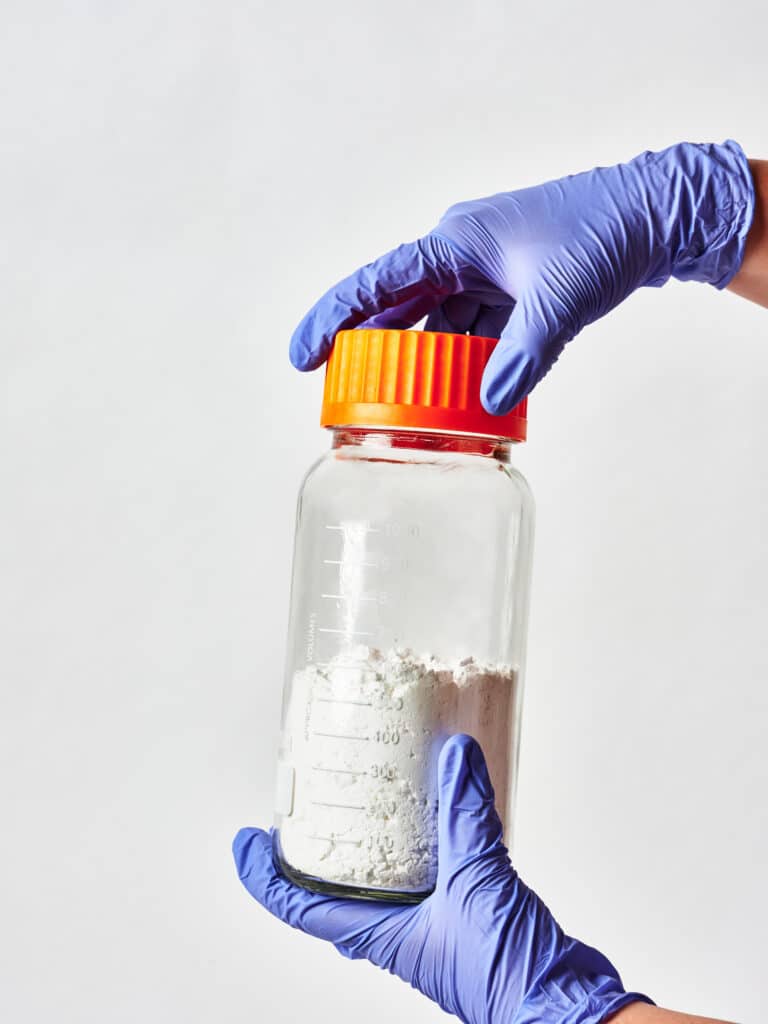
Add CBD isolate to your product lineup today
You can craft virtually any product using bulk CBD isolate. However, its full potential declines without advanced manufacturing and rigorous quality control. At GVB Biopharma, multi-stage lab testing confirms the exceptional purity of our CBD isolate. Our proactive certifications demonstrate our commitment to delivering the best CBD isolate available.
Once you secure premium CBD isolate, your greatest concern is losing consistent access to this crucial ingredient. Our streamlined reordering process ensures you never run out of the CBD isolate your brand depends on. Tracking-enabled shipping grants you complete oversight of every step in the fulfillment process.
Fast Shipping
GVB Biopharma has locations throughout the United States, and we also have a facility in the UK. We are opening a mainland European office to expand our global reach. We also operate in Bogotá, Colombia, making us one of the only cannabinoid producers with a South American presence.
Thanks to our global facilities, we offer fast shipping to more nations than nearly all competitors. Once you’ve placed an order with us for CBD in bulk, you can usually expect fulfillment within 24 hours. We can also use expedited shipping services to make sure your products arrive as quickly as possible.
With full tracking enabled with every order, you’ll never have to wonder about the location of your bulk CBD isolate crystalline powder. Our customer service team is also available if you have any questions about your order.
Easy reordering
At GVB Biopharma, you can order up to a 1-kilo sample of our Bulk CBD isolate online. From your first order onward, our knowledgeable customer service team stands ready to discuss order quantities and pricing.
You’ll be supplied with a dedicated sales representative for your first order and beyond, and we will keep in touch to make sure your order provided everything you hoped for. When it’s time to reorder, simply get in touch with your designated GVB Biopharma associate or contact us directly at support@gvbbiopharma.com to place another order.
GVB Biopharma is a professional, highly-rated provider of CBD isolate in the U.S., and we’re expanding all around the globe. We owe our success to three founding principles—quality, transparency, and certification, and we invite you to discover the difference that true professionalism makes in the CBD industry.
Buying CBD isolate FAQ
Learn more about the ins and outs of buying CBD isolate below:
1. How much does a kilo of CBD isolate cost?
The price of a kilo of CBD isolate depends on the quality of the isolate, the quantity of the order, and — perhaps most importantly — the moral integrity of the producer. It’s certainly possible to overcharge for large orders of low-quality isolate, but reputable CBD isolate manufacturers always strive to offer the best quality for the fairest prices. Contact a client care representative for more information on bulk cannabinoid pricing.
2. Is CBD isolate expensive?
No, CBD isolate isn’t generally considered to be expensive within the wider spectrum of hemp extracts. On the contrary, isolate is among the more-inexpensive CBD extracts, but that’s because it’s so simple. Easy to produce and offering only the simplest benefits of the hemp plant, CBD isolate is an entry-level option that’s sometimes fit for even the highest-end hemp products.
3. Is CBD isolate more potent?
Yes, and no. CBD isolate is not generally considered to be among the more potent CBD extracts in terms of overall effects, but it is often provided in higher cannabinoid concentrations than other types of extracts. Full-spectrum CBD, for instance, is usually considered to be more potent due to the entourage effect, but full-spectrum extracts also commonly contain lower overall concentrations of cannabinoids per volume.
4. Does CBD isolate show up on a drug test?
No, CBD isolate products do not usually cause false positives for THC on drug tests since they are molecularly homogenous, meaning they consist only of the CBD molecule. This means they don’t contain enough THC to trigger a drug test — any tiny trace amounts potentially left behind are undetectable.
Sources
1. Martinenghi, L. D.; Jønsson, R.; Jenssen, H. Isolation, Purification, and Antimicrobial Characterization of Cannabidiolic Acid and Cannabidiol from Cannabis sativa L. Biomolecules 2020, 10(6); 900. Retrieved from: https://www.ncbi.nlm.nih.gov/pmc/articles/PMC7355595/
2. Valizadehderakhshan, M.; Shahbazi. A.;Kazem-Rostami, M. S.; Bhowmik. A.; Wang, L. Extraction of Cannabinoids from Cannabis sativa L. (Hemp)-Review. Agriculture 2021, 11, 384. Retrieved from https://www.mdpi.com/2077-0472/11/5/384/htm

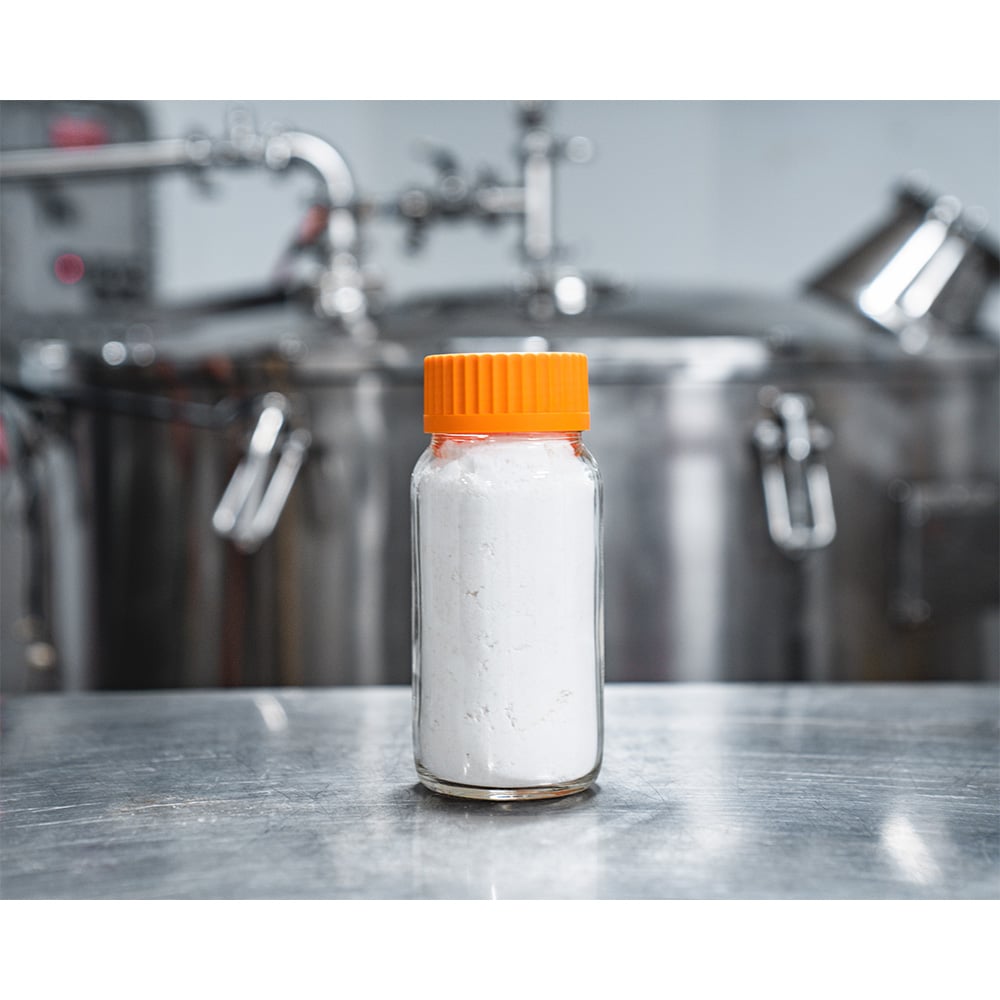
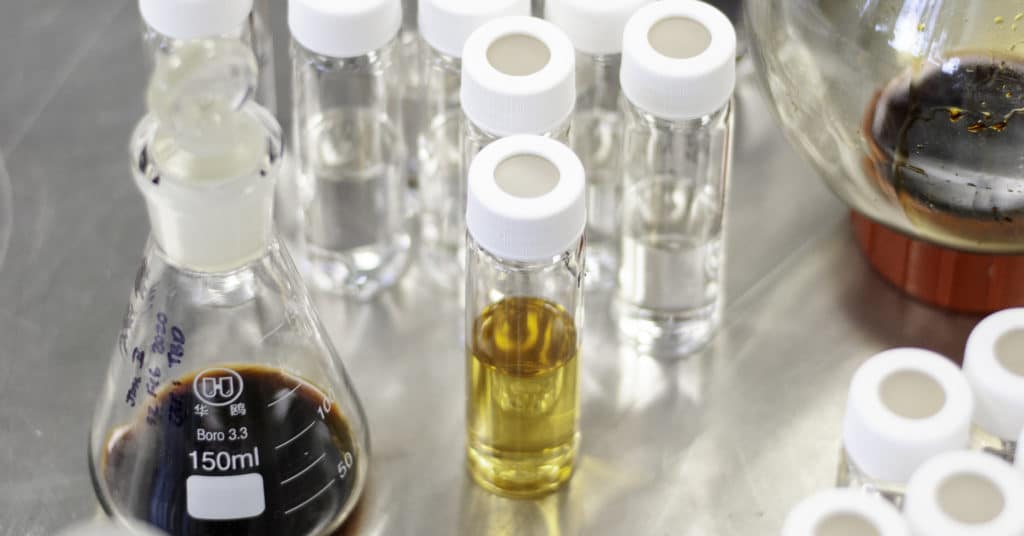

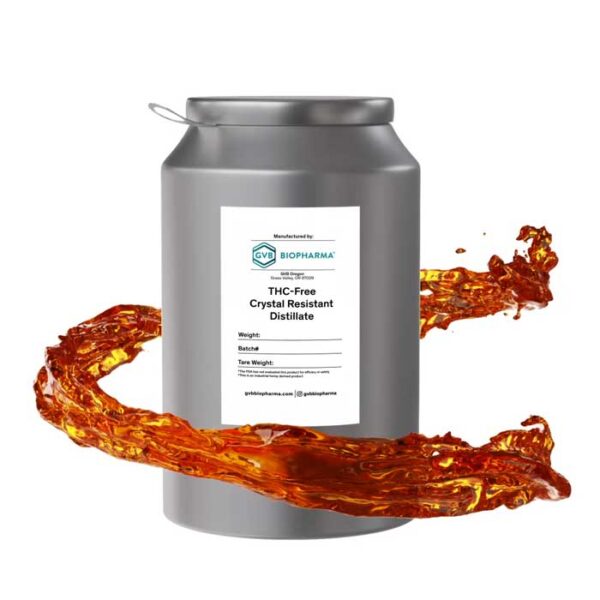
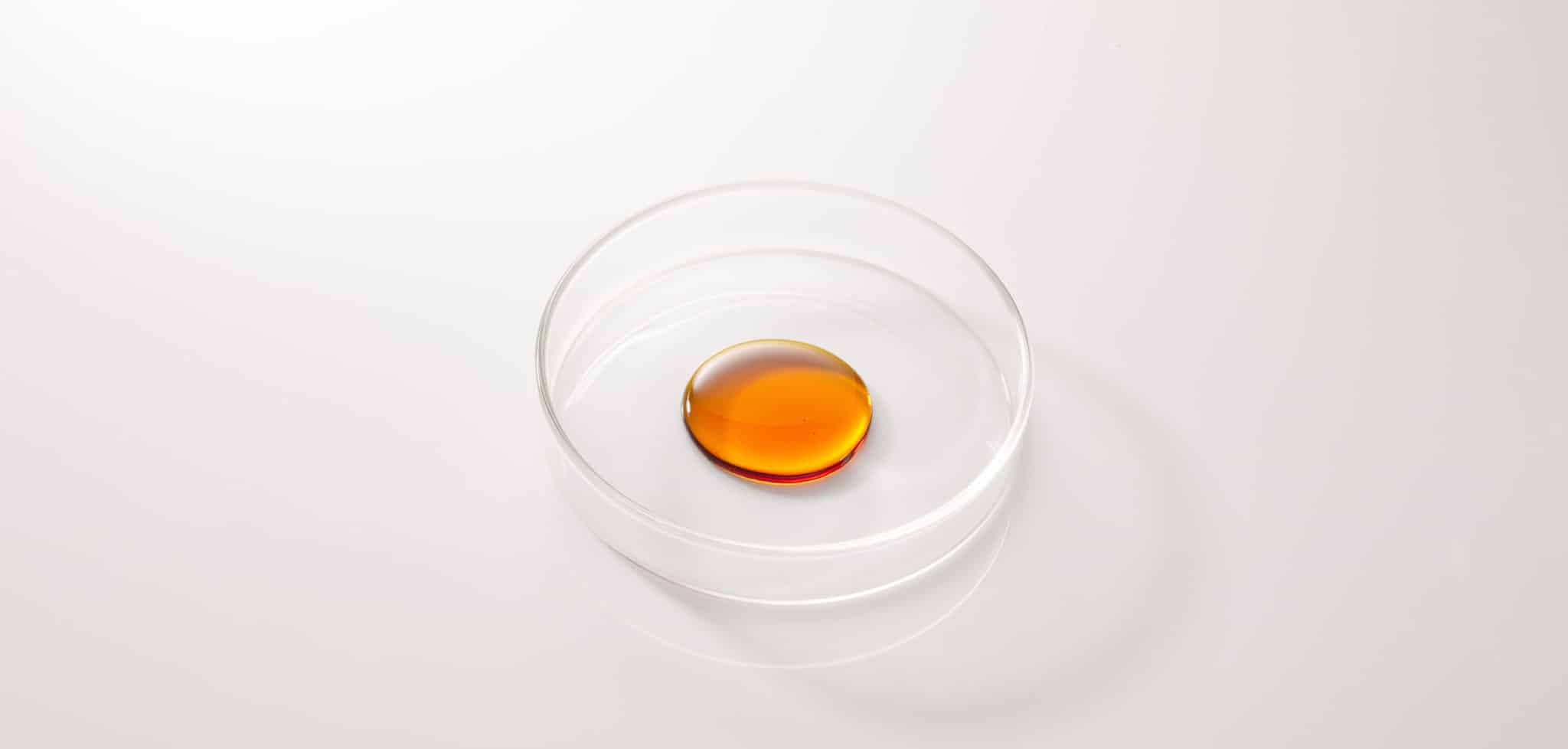
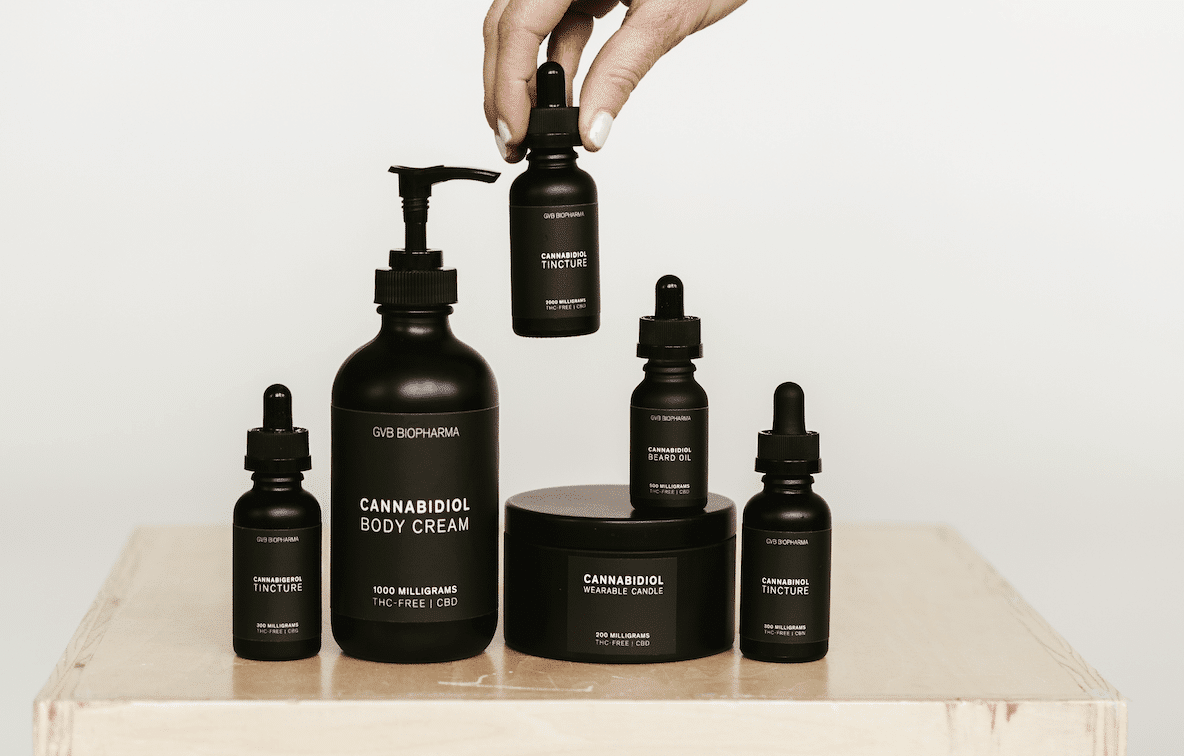
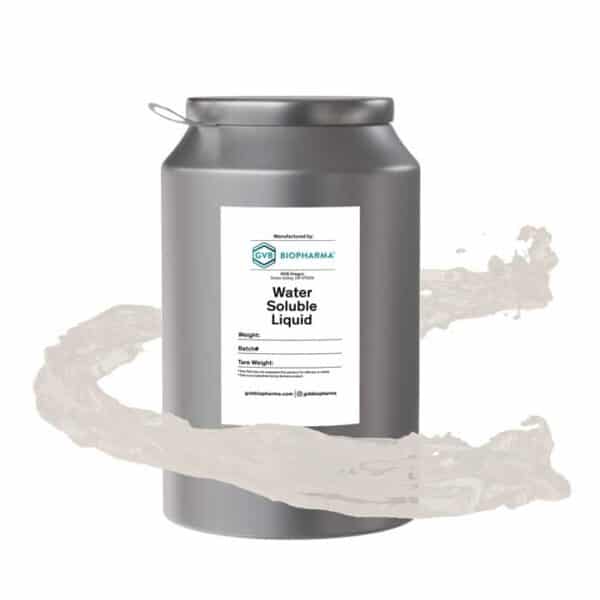
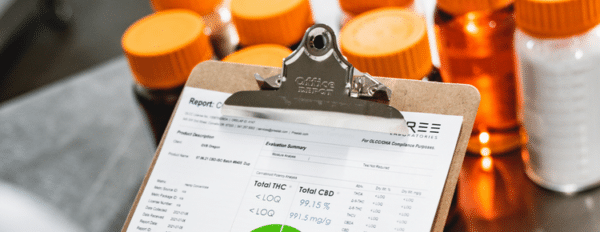

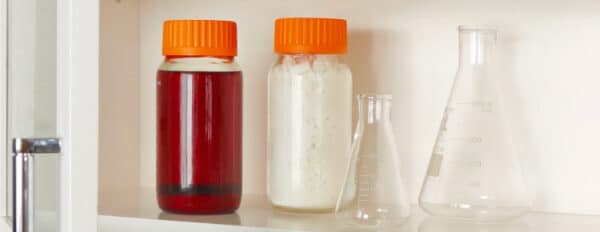
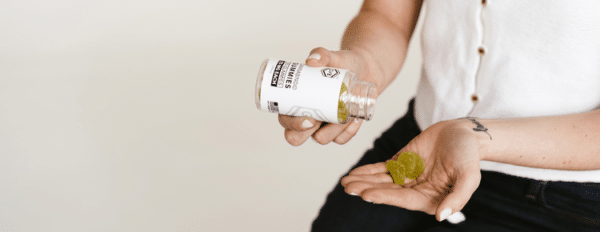
![Which Cannabinoid Products Sell Best? [Updated 2025]](https://www.gvbbiopharma.com/wp-content/uploads/2024/03/Which-CBD-Products-sell-the-best.jpeg)
